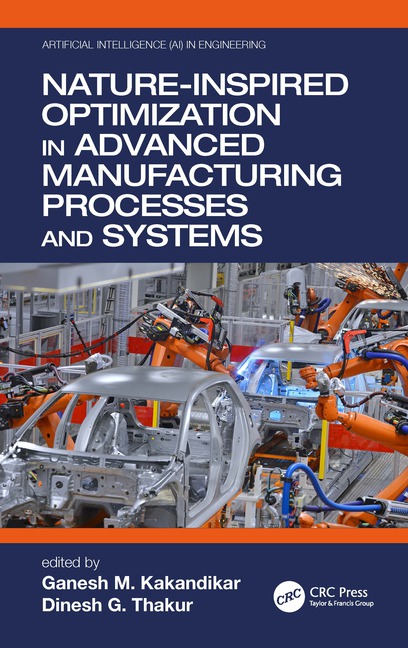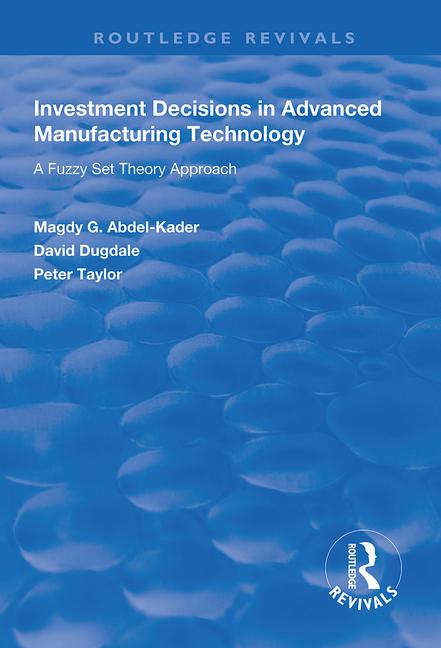The center was founded in 1988 as part of the New York State Center for Advanced Technology program. The program was created 30 years ago to facilitate the transfer of technology from New York’s top research universities into commercially viable products produced in the private sector.
“The Center for Automation Technologies and Systems provides a rich, interdisciplinary environment combining basic and applied research,” says John Wen, an RPI professor of electrical, computer and systems engineering who is also the CATS director. “It serves as a conduit to transfer research results to industrial and commercial applications. [Our] philosophy is to tackle challenging problems with no existing solutions, and extend these problem-specific results to general principles for broader applications.
“[We work with our] partners to understand challenges and opportunities faced by today’s manufacturers,” Wen points out. “The process typically starts with an exchange of visits. This could then lead to exploratory projects, sponsored research projects or joint proposals.
“Manufacturing today goes beyond materials and component handling, processing and assembly,” adds Wen. “It also involves system design and optimization, massive amounts of sensor data processing and analysis, and multi-modal human interface. Depending on the scope and domain of the problem, in addition to utilizing internal expertise, CATS may also draw on the larger research enterprise at RPI.”
For example, in the area of modeling and simulation, CATS works with RPI’s Computational Center for Nanoscale Innovations. In energy materials and chemistry, CATS works with RPI’s Center for Future Energy Systems.
The CATS facility boasts five technical research staff members, a business development staff and two support staff. More than 40 faculty in nine RPI departments participate in CATS in various capacities. More than 30 graduate students and 20 undergraduates have been involved in research projects in the past year.
Wen and his colleagues focus on all aspects of automation and control in manufacturing and operations across its active R&D areas: fuel cell manufacturing, advanced composites engineering, robotics, thermal management, flow physics and control, industrial automation, and mechatronics. The center houses a wide variety of equipment, including two Adept SCARA robots, a Motoman dual-arm robot and a Branson ultrasonic welder.
“Robotics research focuses on harnessing the potential of robots for a wide variety of industrial applications,” says Wen. “[We have] investigated how multiple robots can work with humans to better manipulate and assemble objects that are flexible or bulky, through integrated task planning, control and human cognitive planning. Guaranteeing human safety is of particular importance when robots and humans share workspaces.”
To achieve these goals, CATS has developed a robust and responsive open-source, distributed, control and communication software package called Robot Raconteur. It integrates a wide variety of sensors and actuators into a cohesive system. Recent projects have also focused on using robots for construction applications, micro-scale robotic assembly, and robot-human co-assembly.
CATS has long been a world leader in R&D related to fuel cell manufacturing, process development and automation systems design. Research has focused on all aspects of the stack, including materials and components, design, manufacture and assembly. Recent projects have included fuel cell stack assembly, smart catalyst coating and energy-efficient manufacture of membrane electrode assemblies using ultrasound and laser processing.





